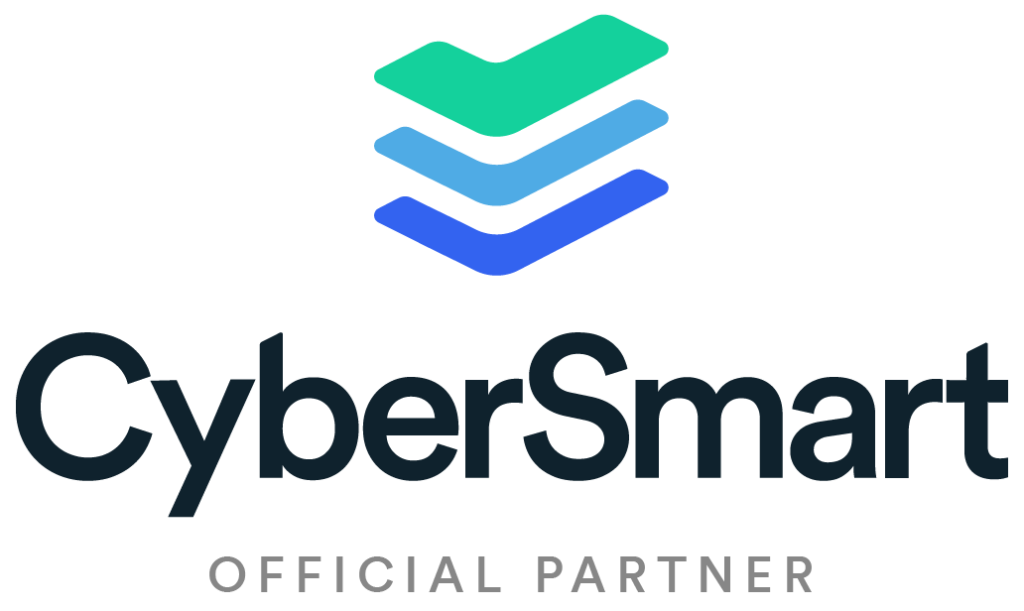TEL: 03456197197 EMAIL: HELLO@S2.GROUP
TEL: 03456197197 EMAIL: HELLO@S2.GROUP

Cyber Essential was developed by GCHQ, IASME and ISF as a baseline cyber security initiative and has the highest rate of adoption of any other security standard since April 2014. Lancaster University have said that 99.3% of cyber-attacks were mitigated by SME’s using Cyber Essential’s. Cyber Essentials is becoming the prerequisite for SME’s and larger companies who tender for government or public sector supplier contracts. It demonstrates to your customers that you are serious when it comes to data protection and information assurance. CyberSmart uses smart software to check you have antivirus that is up to date and running correctly. It also secures user access control, application and operating system updates, boundary firewalls and internet gateways, secure machine configuration with malware and patch management. CE Smart (Cyber Essentials Smart) is an automated compliance platform for Cyber Essentials. It provides you with ongoing protection via continuous security checks whilst safeguarding your organisation, employees and data. The entire process to achieve compliance to Cyber Essentials has been streamlined and can generally be completed in a short space of time. So what does it involve?
A cloud based dashboard is used to manage the compliance process and presents you with a fully interactive questionnaire with step-by-step guides, whilst desktop apps are deployed to all endpoints on the network to check the compliance status of the devices. By default, the app regularly checks and reports the status of the individual devices giving you instant visibility over the compliance status of the devices in your network. Upon request, the app can be modified by admin to remotely fix issues, or even for the app to automatically maintain the compliance status across devices. Automatic searches for weaknesses in your system are identified and flagged up for remediation. Cybersmart has seamless integration with G Suite and Office 365 Security is our foundation and is embedded in our continual improvement process. The platform has been securely designed from the start, including daily development testing and regular third party audits and penetration testing.